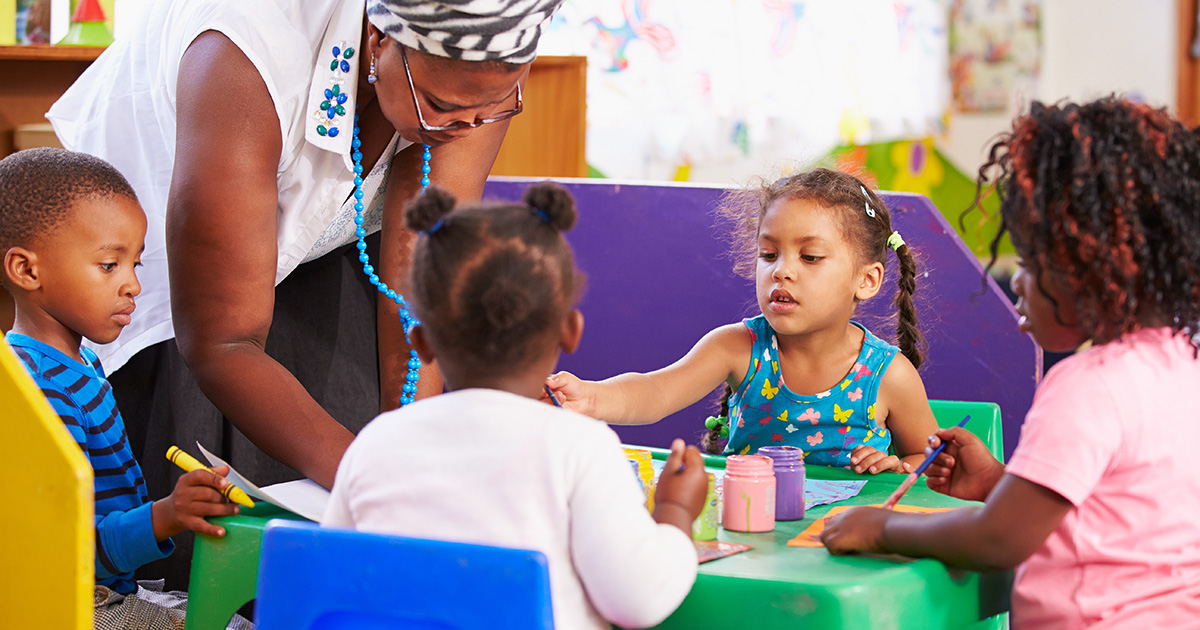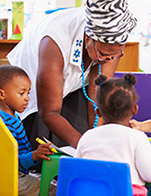Summer Learning in Early Childhood
Opportunities for Investing in Equity

 As the availability of high-quality, center-based prekindergarten (pre-K) has increased, so too has the attention given to children’s learning experiences in the summer between pre-K and kindergarten. Investment in summer learning programs may help sustain the effects of pre-K and also boost the outcomes of children who don’t enroll in a formal early learning program. However, access to summer learning varies greatly. Historically underserved groups such as children from low-income families—particularly children of color and dual language learners—are among the most disadvantaged when it comes to accessing quality summer programs. Allowed to continue, such disparities may undermine the impact of publicly funded pre-K on the learning and development of children over time.
As the availability of high-quality, center-based prekindergarten (pre-K) has increased, so too has the attention given to children’s learning experiences in the summer between pre-K and kindergarten. Investment in summer learning programs may help sustain the effects of pre-K and also boost the outcomes of children who don’t enroll in a formal early learning program. However, access to summer learning varies greatly. Historically underserved groups such as children from low-income families—particularly children of color and dual language learners—are among the most disadvantaged when it comes to accessing quality summer programs. Allowed to continue, such disparities may undermine the impact of publicly funded pre-K on the learning and development of children over time.
This brief offers a summary of recent findings by MDRC regarding the lack of access to summer learning. It examines how inequitable access in early childhood affects children’s development and readiness for kindergarten. It then summarizes operational lessons from MDRC’s work reviewing a range of programs across the country. The brief concludes by identifying lessons from the findings that can guide the additional research and technical assistance needed to ensure that equity-focused investments in summer learning pay off for children from underserved groups.







